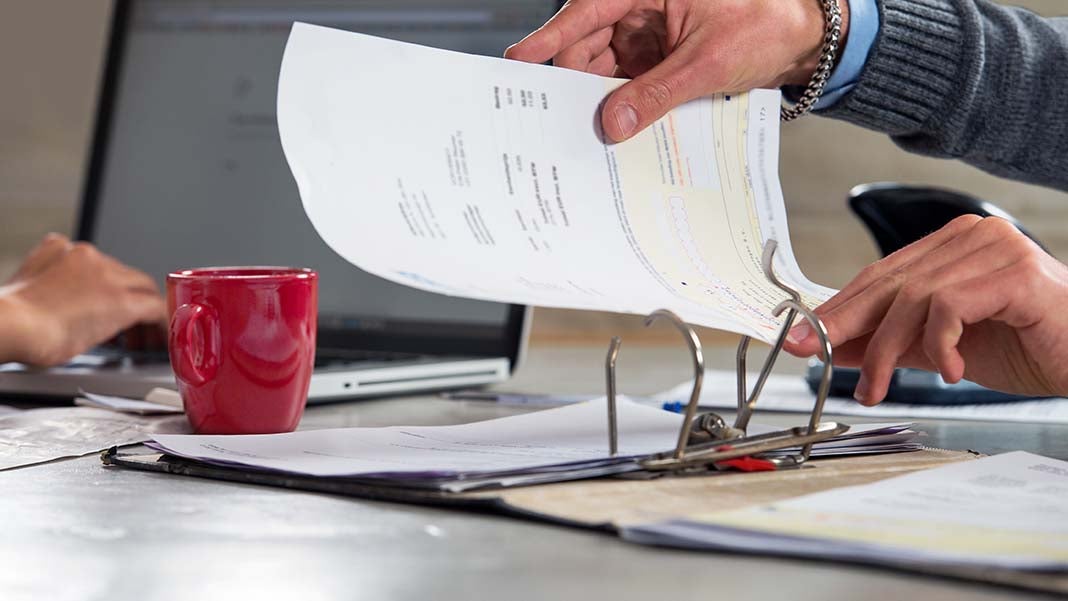
As a commercial collection law group, we are always asked by small business owners about the best practices for internal collection efforts. Here are the some of the major items that should be included in any businesses’ commercial collection activities.
Related Article: 6 Best Practices in Billings and Collections
- Determine the acceptable time period for invoices to be paid.
- Determine who in the organization will be responsible for collecting past due amounts.
- Determine a mechanism for how past due accounts will be flagged for collection follow-up. This can be based on days past due, lack of communication of debtor or some other collection criteria.
- Determine the proper protocol for how to follow-up with those accounts flagged for collection follow-up. This includes a policy on when to contact the debtor, how to contact the debtor, how often to contact the debtor and the method of contacting the debtor which can be phone calls, emails, faxes, letters or a combination of all methods.
- Determine how long the above internal communications will continue without successful collections.
- Once an account has been deemed not collectable internally have a policy on the type of third party collection entity the matter will be referred to if the account is viable. It is important to determine before engaging a third party collection firm if the file is actually a viable collection file. If the debtor has closed their doors or is no longer a viable going concern there is no point in sending the matter to a third party collection firm and the receivable should be written off.
- If the file is a viable collection matter determine what type of third party collection entity the matter will be referred to: a law firm, a collection agency or a combination law firm and collection firm.
- Once a decision is made to send a matter to a third party make sure there is an internal person who is responsible for communicating with the third party to ensure collections are being managed effectively and efficiently.
- If the third party collection firm is not able to collect amicably within a reasonable time have a policy on when the matter will be sent to litigation and what the litigation parameters are.
In today’s economic client, commercial collections need to be addressed on an ongoing basis. The first step to making sure internal collections are being handled properly is to have a collection policy in place, utilizing the steps above. As we all know well, businesses are here today and gone tomorrow, so time is of the essence when it comes to collecting past due commercial accounts.
 Author: Brad Magill is a lawyer and CPA with over 20 years of business and accounts receivable experience. He is the president of the commercial collection agency, The Collection Law Group, Inc.
Author: Brad Magill is a lawyer and CPA with over 20 years of business and accounts receivable experience. He is the president of the commercial collection agency, The Collection Law Group, Inc.
2937 Views












